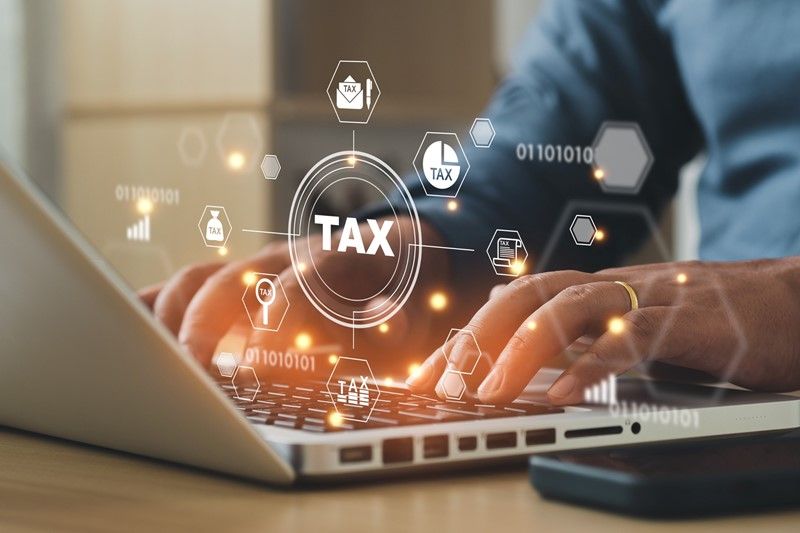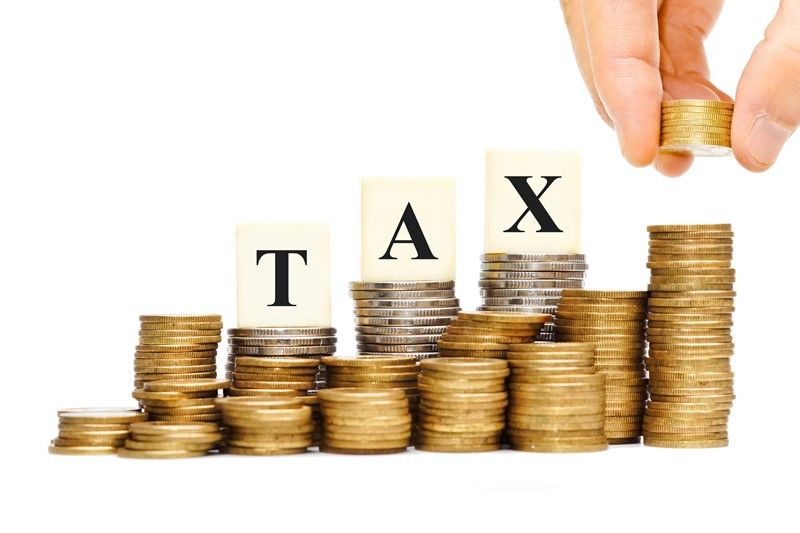Corporation tax roadmap
With a £50bn shortfall looming, the Chancellor may need to revisit last year’s Corporation Tax roadmap commitments.
As this year’s Autumn Budget approaches, it is an interesting time to revisit the Corporation Tax Roadmap published alongside last year’s Budget on 30 October 2024.
The roadmap sets out the government’s plans for Corporation Tax and a small number of other business taxes over the course of the parliament.
These commitments included:
- Capping the headline rate of Corporation Tax at 25% for the duration of parliament, the lowest rate in the G7.
- Retaining the small profits rate and marginal relief at current rates and thresholds.
- Maintaining the capital allowances system, including permanent full expensing and the £1 million annual investment allowance.
- Maintaining the generosity of R&D reliefs.
- Collaborating with companies on simplification and improving user experience, including HMRC’s path forward on digitisation.
- Developing a new process for increasing the tax certainty available in advance for major investments.
Almost a year later, the Chancellor is facing a significant budget shortfall that could be as high as £50 billion, driven by multiple issues including weak growth, persistent inflation, high debt interest costs and widening deficits.
The government has also committed not to raise income tax, National Insurance or VAT for working people, and to restore frozen tax thresholds in line with inflation from 2028–29.
It remains to be seen whether any of the major commitments outlined in the roadmap and in previous promises to the voting public will be rolled back.




